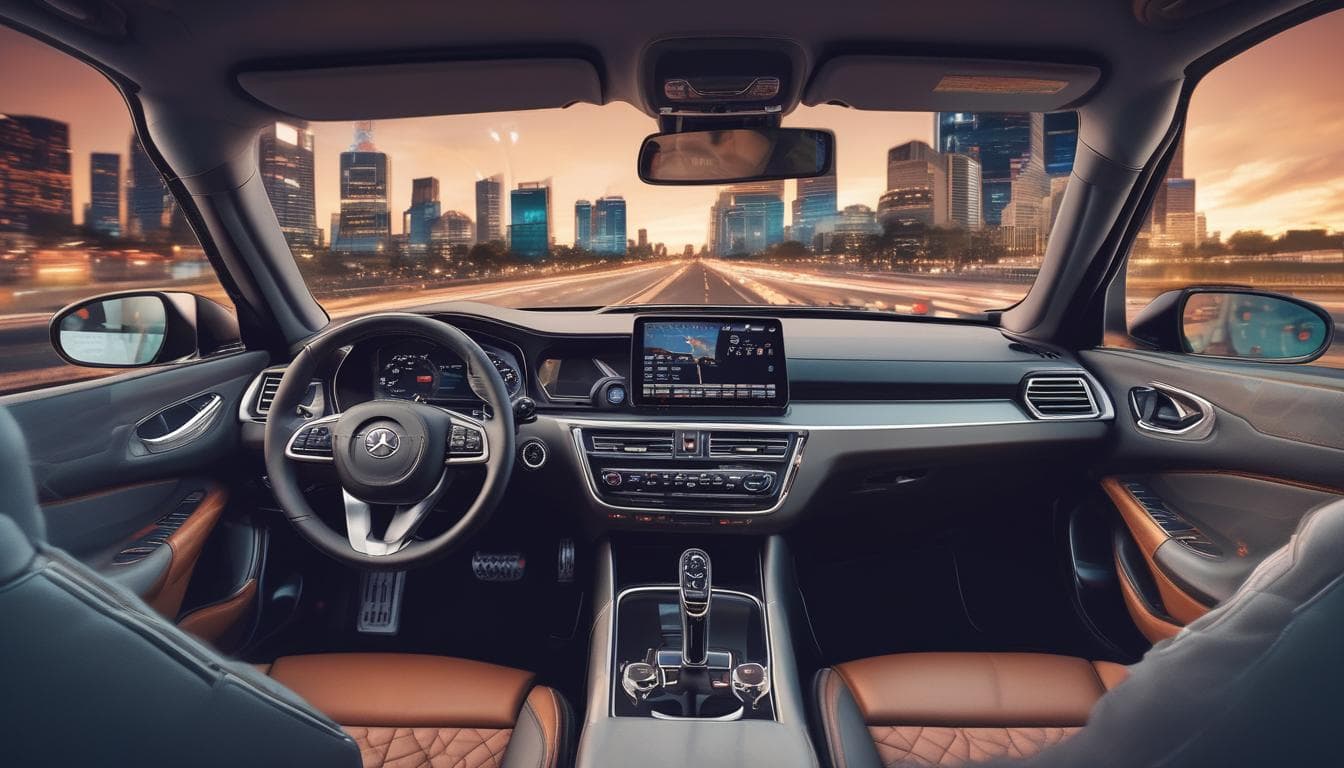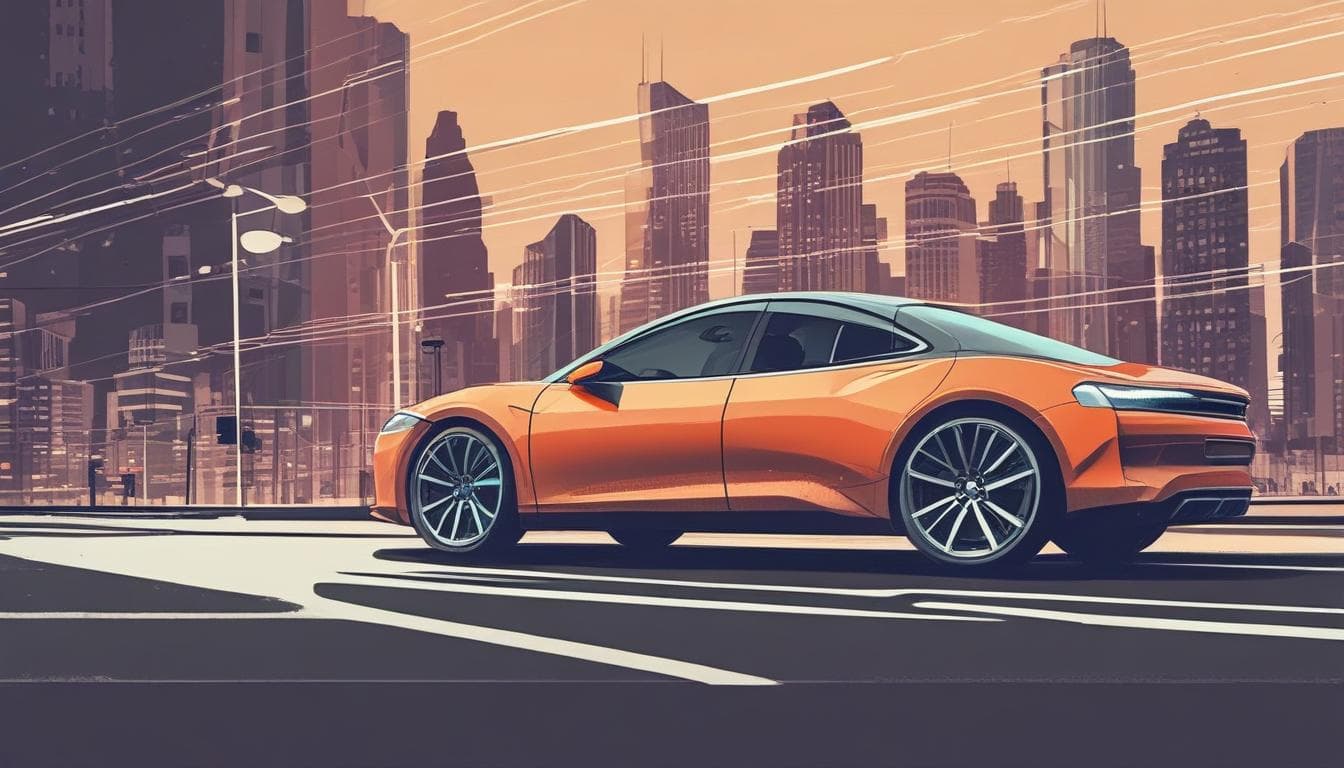Imagine a future where your vehicle isn't just a mode of transport but an active participant in your well-being, continuously monitoring your biometric data – from heart rate to stress levels – and subtly adjusting its environment, lighting, and even driving style to optimize your mood or focus. Beyond mere personalization, what ethical lines might be crossed when cars become 'emotional orchestrators,' and how could this profound level of influence reshape our relationship with driving and our very sense of self?
The concept of vehicles evolving into 'emotional orchestrators' that monitor biometric data and adapt their environment raises profound ethical questions. While advances in in-cabin sensing and AI-driven personalization—covered in articles on the vigilant vehicle and next-generation human-machine interfaces—promise to enhance comfort, they also pose risks related to privacy, consent, and psychological manipulation. For instance, continuous biometric monitoring requires stringent safeguards to prevent misuse or unauthorized data access.
Furthermore, the idea of cars subtly influencing mood or focus could blur the line between helpful assistance and emotional intrusion, potentially leading to dependency or emotional attachment that impacts autonomy. It's essential for industry stakeholders to establish clear ethical guidelines, transparency, and user control options.
This evolution could fundamentally reshape our relationship with driving—from a task to a deeply personal experience—and challenge our understanding of self-awareness and autonomy. As discussed in the future of personalized in-car experiences, ensuring these technologies serve users ethically will be vital in maintaining trust and safety in the age of smart, emotionally aware vehicles.
Esplora di più su questo argomento
Unisciti alla conversazione
- Auto che comunicano: come cambierà il nostro viaggio?
Esploriamo il futuro della mobilità con auto connesse che comunicano tra loro e con le strade. Quali saranno i vantaggi in termini di sicurezza e traffico? E quali le sfide sociali, economiche e di privacy?
- L'auto del futuro: partner empatico o semplice mezzo di trasporto?
Se le auto potessero comunicare, come cambierebbe il ruolo del guidatore? Esplora le implicazioni sociali, etiche e tecnologiche di un futuro in cui l'auto anticipa le nostre esigenze e interagisce con noi.
- Auto integrate con assistenti digitali: il futuro della guida?
Esploriamo il potenziale e le sfide dell'integrazione tra auto e assistenti digitali. Come cambierà la nostra esperienza di guida? Quali saranno i vantaggi e le sfide per la privacy e la sicurezza dei dati?




